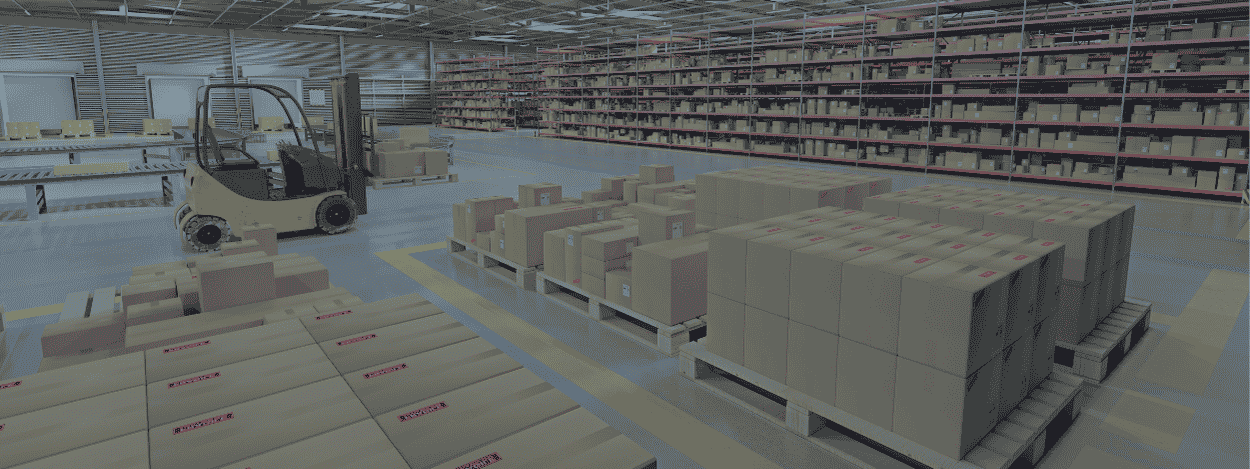
Navigating the Local Content Landscape: A Guide for Supply Chain Professionals
2 mins readLocal content requirements have become a significant hurdle for many businesses operating in resource-rich nations. These regulations, designed to stimulate economic growth and technology transfer, often mandate the use of locally sourced goods and services. While these requirements can present challenges, they also offer opportunities for innovation and collaboration.
Understanding the Local Content Landscape
Local content regulations can vary widely from country to country and industry to industry. They might specify minimum percentages of local goods and services, require local employment, or mandate technology transfer. Navigating this complex landscape requires a deep understanding of the specific regulations applicable to your operations.
Overcoming the Challenges
Implementing local content requirements can be fraught with challenges. Finding qualified local suppliers who meet international quality and delivery standards can be a daunting task. Capacity building may be necessary to bring local suppliers up to par. Additionally, adhering to complex regulations and reporting requirements can be time-consuming and costly. Balancing the need to meet local content requirements with cost and quality considerations can be a delicate balancing act.
View Our: Purchasing & Supply Chain Management Training Courses
Strategies for Success
To effectively navigate the local content landscape, organizations should consider the following strategies:
- Build Strong Supplier Relationships: Foster strong relationships with local suppliers by providing technical assistance, training, and financial support.
- Leverage Technology: Utilize supply chain management software and e-procurement systems to streamline processes and improve efficiency.
- Embrace Collaboration: Collaborate with local authorities and industry associations to stay updated on the latest regulations and best practices.
- Prioritize Sustainability: Incorporate sustainability principles into your supply chain, reducing environmental impact and promoting social responsibility.
- Invest in Talent Development: Develop a skilled workforce to manage complex supply chains and navigate local content requirements.
By implementing these strategies, organizations can not only meet local content requirements but also create long-term value for their business and the host country.
The Future of Local Content
As global supply chains continue to evolve, local content requirements will remain a significant factor. By understanding the nuances of these regulations and adopting innovative strategies, organizations can unlock new opportunities, mitigate risks, and contribute to sustainable economic development.





